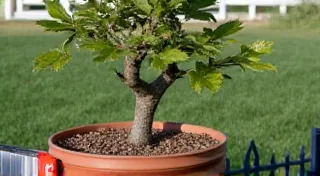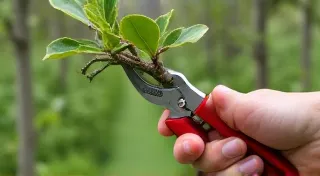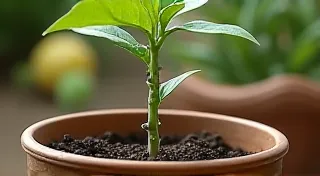The Best Companion Plants for Dwarf Fruit Trees in Containers
Growing dwarf fruit trees in containers is a fantastic way to enjoy fresh, homegrown fruit even with limited space. But did you know that choosing the right companion plants can significantly enhance their growth, health, and fruit production? Companion planting isn't just about aesthetics; it's about creating a mini-ecosystem that benefits your fruit trees. Let's explore some excellent choices for your container-grown dwarf fruit trees.
Why Companion Planting Matters for Dwarf Fruit Trees
Companion plants offer a multitude of benefits, including:
- Pollination Enhancement: Attract pollinators like bees and butterflies to increase fruit set.
- Pest Control: Certain plants repel common fruit tree pests or attract beneficial insects that prey on them.
- Improved Soil Health: Some companions help fix nitrogen or loosen the soil, improving nutrient availability.
- Physical Support: Certain plants can provide support for young or sprawling fruit tree branches.
Top Companion Plants for Dwarf Fruit Trees in Containers
Herbs for Pest Control & Pollination
Herbs are often excellent choices due to their strong scents which can deter pests. They also attract beneficial insects.
- Marigolds: (Tagetes spp.) These vibrant flowers are a classic companion plant for a reason. They repel nematodes and other soil pests and attract beneficial insects.
- Basil: (Ocimum basilicum) Basil repels aphids, spider mites, and whiteflies, common pests of fruit trees. It also attracts pollinators.
- Mint: (Mentha spp.) While mint can be invasive in gardens, it's easily contained in a pot. It repels cabbage moths, aphids, and ants. *Be warned: Mint can be vigorous, so ensure adequate space in the container.*
- Lavender: (Lavandula spp.) Attracts pollinators and repels moths and other insects. It also adds a lovely fragrance to your patio.
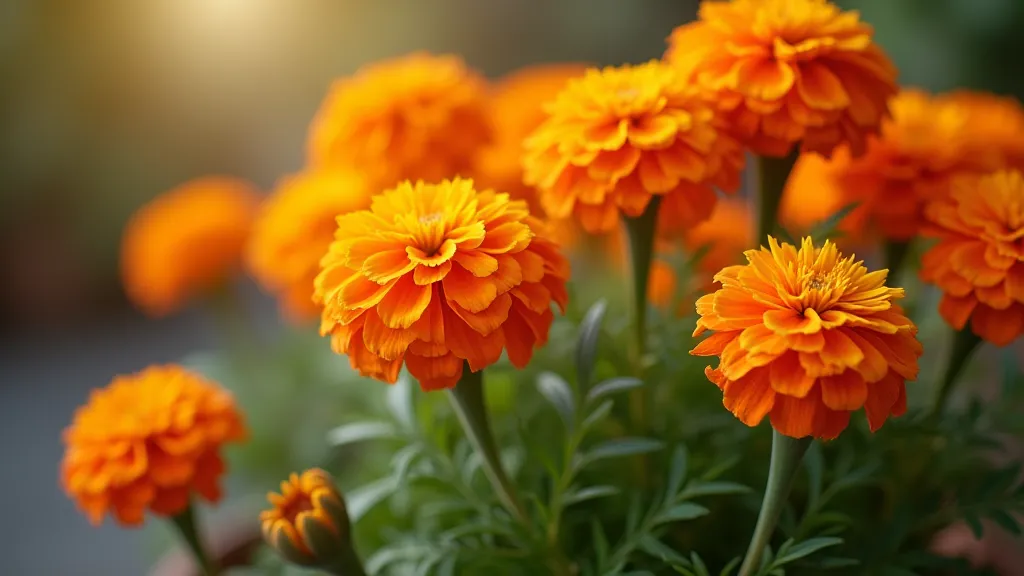
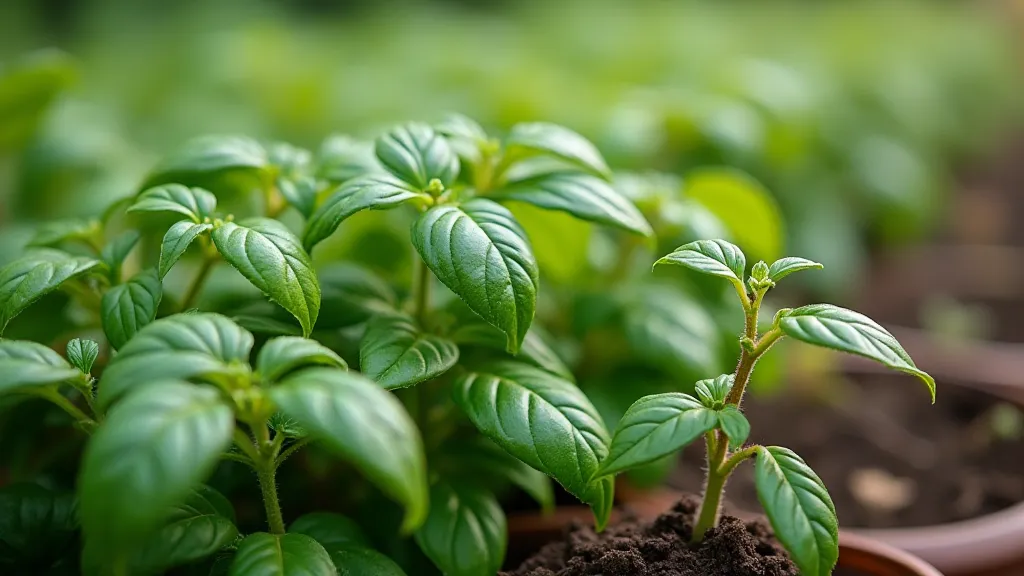
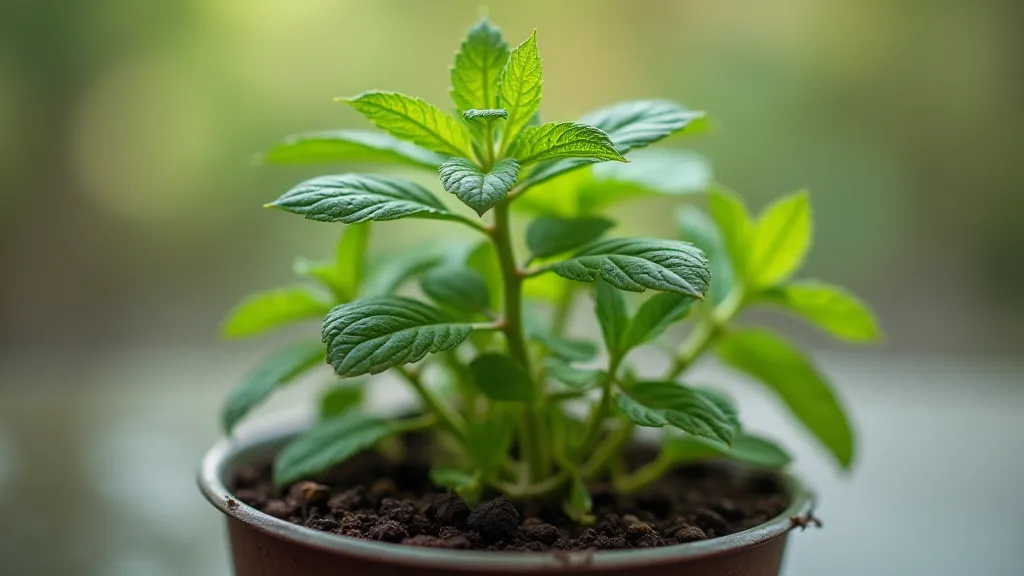
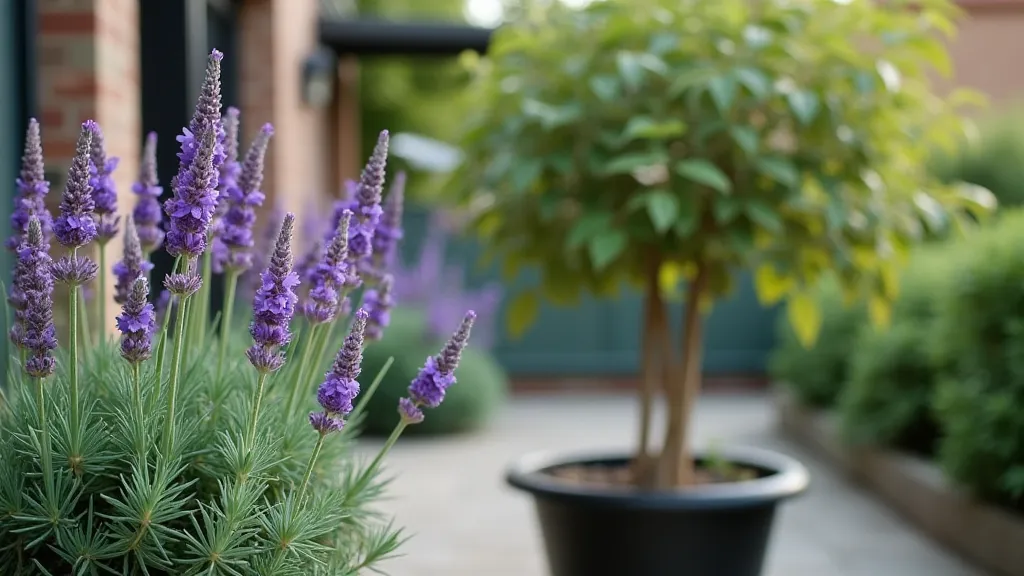
Flowers for Pollination & Beauty
Flowers attract pollinators, which are crucial for fruit set. They also simply add beauty to your container garden.
- Petunias: (Petunia spp.) A profusion of colorful flowers that attract bees and other pollinators.
- Nasturtiums: (Tropaeolum majus) These edible flowers attract pollinators and can also act as a trap crop for aphids.
- Borage: (Borago officinalis) Borage flowers are a magnet for bees and other pollinators and are visually striking.
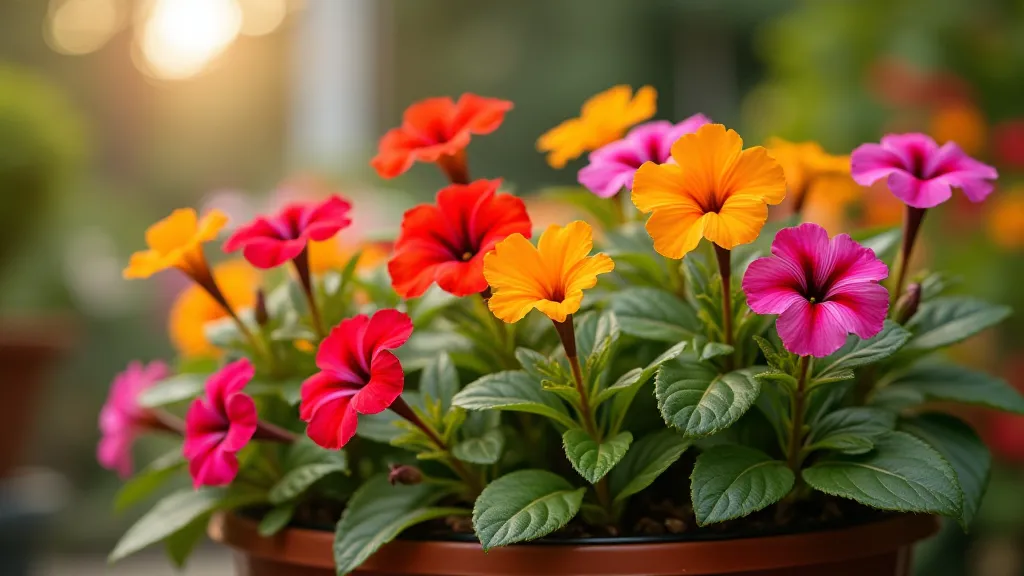
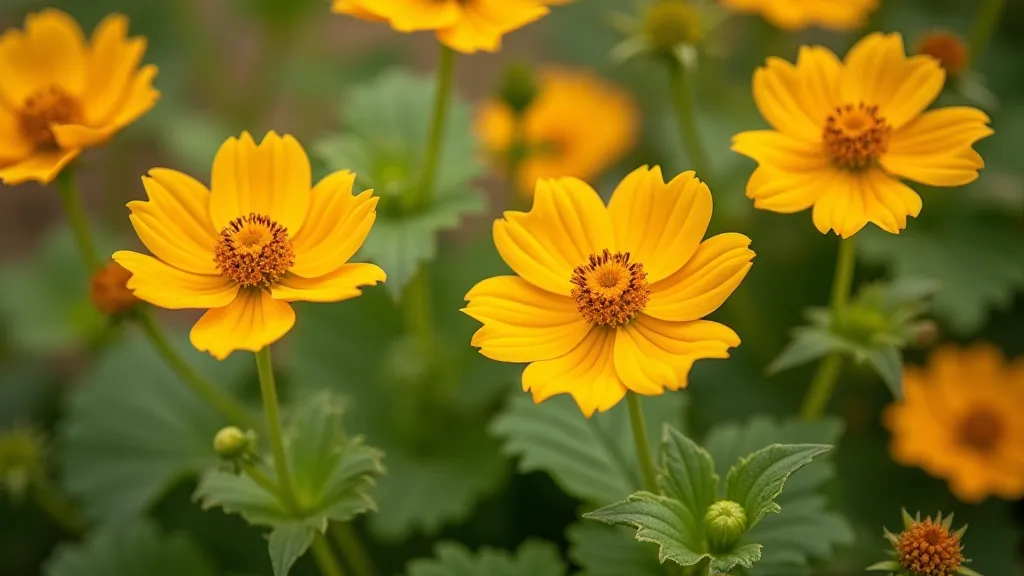
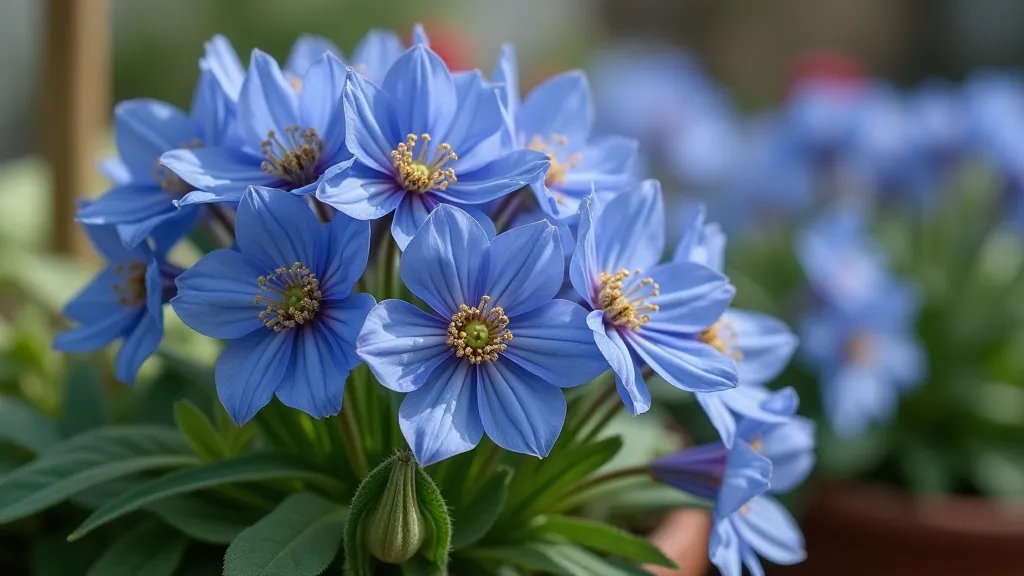
Considerations for Container Size and Compatibility
When choosing companion plants, consider the size of your containers. Ensure that the companions won't overwhelm the dwarf fruit tree’s roots. Also, research the specific needs of each plant to ensure they thrive in similar conditions (sunlight, watering, soil). Most importantly, observe your plants and adjust your companions as needed based on their performance.
By carefully selecting companion plants, you can create a thriving and productive container garden filled with delicious fruit and beautiful blooms!


